Our war with natural selection
Omicron may not necessarily be the last punishing wave

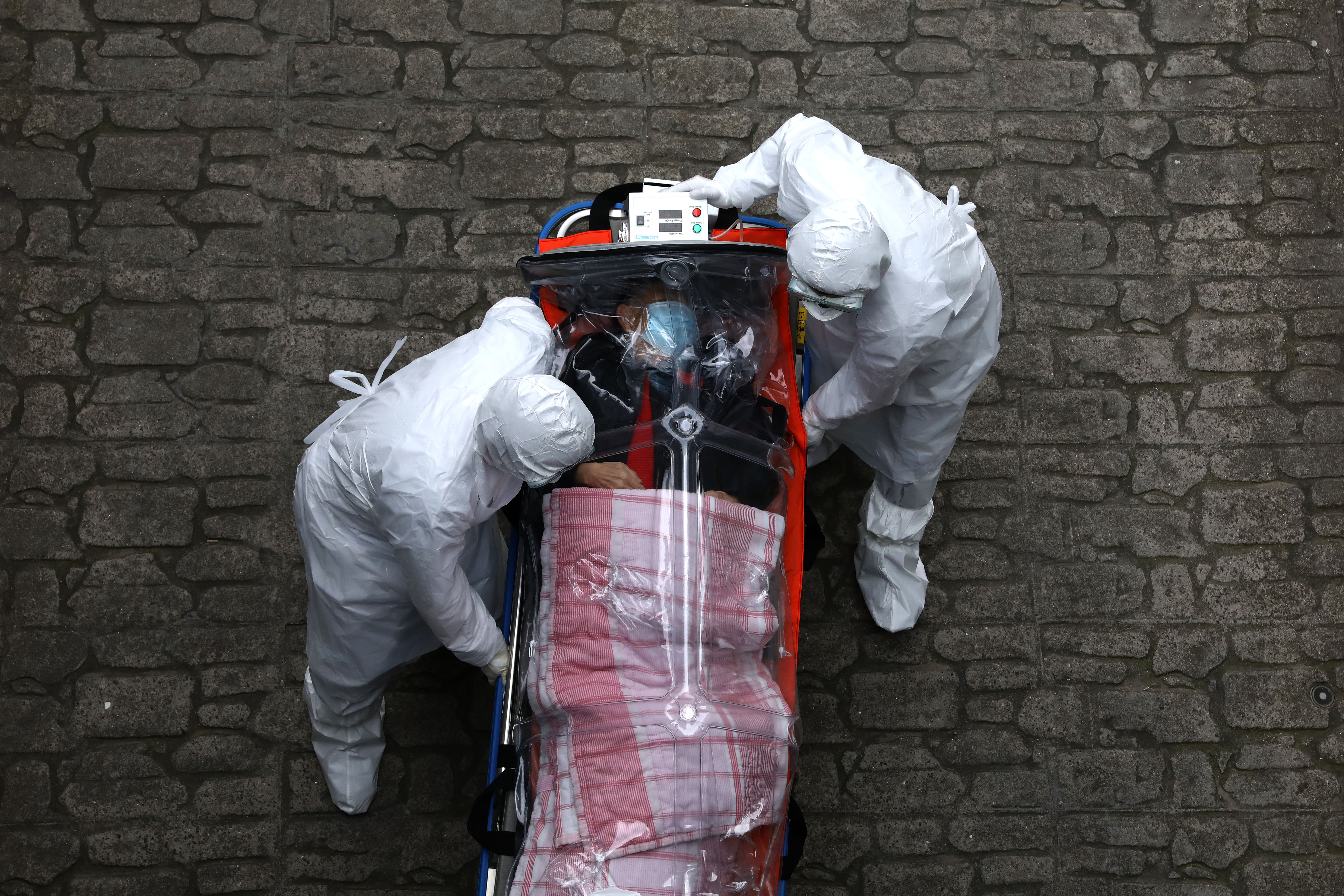
A free daily email with the biggest news stories of the day – and the best features from TheWeek.com
You are now subscribed
Your newsletter sign-up was successful
This is the editor's letter in the current issue of The Week magazine.
Two years after COVID began spreading through humanity, we are still adapting to SARS-CoV-2, and it is still adapting to us. It's a Darwinian struggle, fought on the battlefield of natural selection, with immunity conferred by vaccination and infection competing against the random mutations that enable the coronavirus to shape-shift, become fitter, and launch new waves of attack. Will the Omicron wave — now starting to subside on the East Coast, as it previously did in South Africa and the U.K. — be the last big one, with COVID soon becoming a milder disease we can live with? Scientists have varying opinions — but the truth is, no one knows. There are so many variables involved: vaccination and booster rates, human behavior (do people abandon all precautions too quickly?), and whether a new variant emerges that's even more effective than Omicron in evading built-up immunity.
Understandably, many people have embraced the comforting belief that SARS-CoV-2 must evolve to cause milder disease. It's just not true, virologists say. Smallpox did not grow milder over time, nor did polio, HIV/AIDS, or Ebola. Only vaccination, antiviral treatments, and precautions to limit transmission enabled humanity to mitigate or defeat those scourges. Our own actions will largely determine what happens from here. Letting the virus rip only increases the likelihood of nastier mutations, and may prolong rather than end the pandemic. "COVID-19 becoming a milder disease is not a decision the virus will make," said virologist Dr. Andrew Pekosz. "It's a decision that all of us can make if we take advantage of the vaccines that can control spread." There's reason for optimism: Pfizer's potent antiviral treatment, Paxlovid, will become more widely available in months, and several groups of scientists are working on a pan-coronavirus vaccine providing immunity against all variants. But if we've learned anything during these two ghastly years, it's that magical thinking will not make our viral foe disappear.
The Week
Escape your echo chamber. Get the facts behind the news, plus analysis from multiple perspectives.

Sign up for The Week's Free Newsletters
From our morning news briefing to a weekly Good News Newsletter, get the best of The Week delivered directly to your inbox.
From our morning news briefing to a weekly Good News Newsletter, get the best of The Week delivered directly to your inbox.
A free daily email with the biggest news stories of the day – and the best features from TheWeek.com
William Falk is editor-in-chief of The Week, and has held that role since the magazine's first issue in 2001. He has previously been a reporter, columnist, and editor at the Gannett Westchester Newspapers and at Newsday, where he was part of two reporting teams that won Pulitzer Prizes.
-
 What are the best investments for beginners?
What are the best investments for beginners?The Explainer Stocks and ETFs and bonds, oh my
-
 What to know before filing your own taxes for the first time
What to know before filing your own taxes for the first timethe explainer Tackle this financial milestone with confidence
-
 The biggest box office flops of the 21st century
The biggest box office flops of the 21st centuryin depth Unnecessary remakes and turgid, expensive CGI-fests highlight this list of these most notorious box-office losers
-
 Why some people remember dreams and others don't
Why some people remember dreams and others don'tUnder The Radar Age, attitude and weather all play a part in dream recall
-
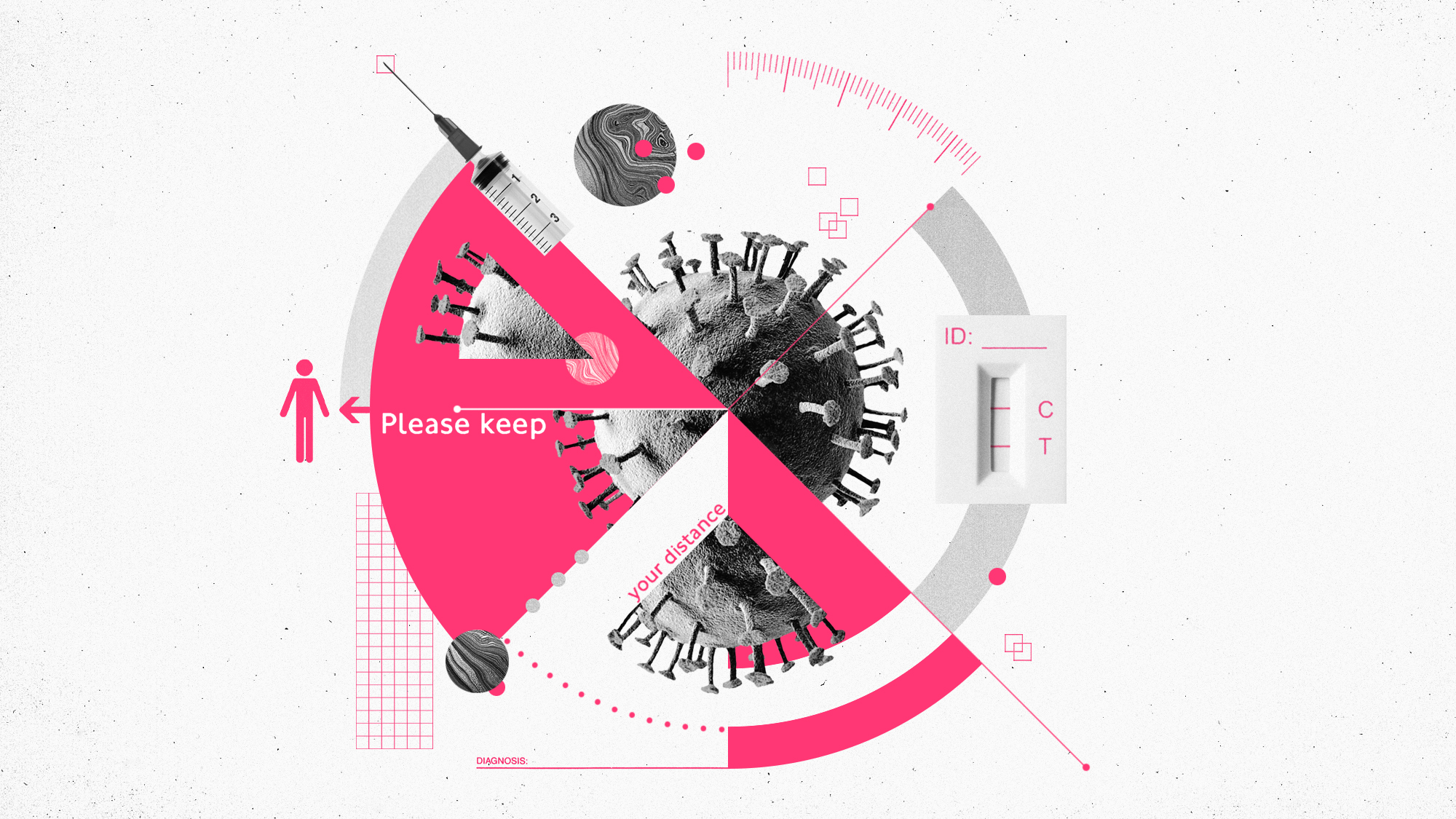 What does Covid look like in 2024?
What does Covid look like in 2024?Today's Big Question Disease experts are calling for closer monitoring as new variant fuels rise in infections
-
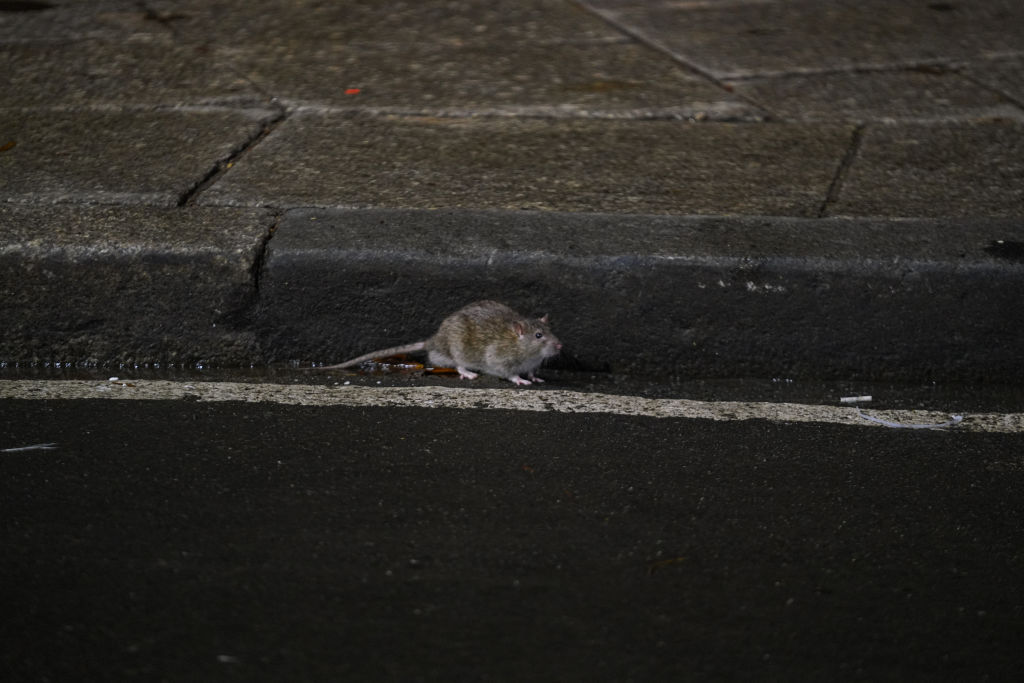 Even New York City rats can get COVID, study finds
Even New York City rats can get COVID, study findsSpeed Read
-
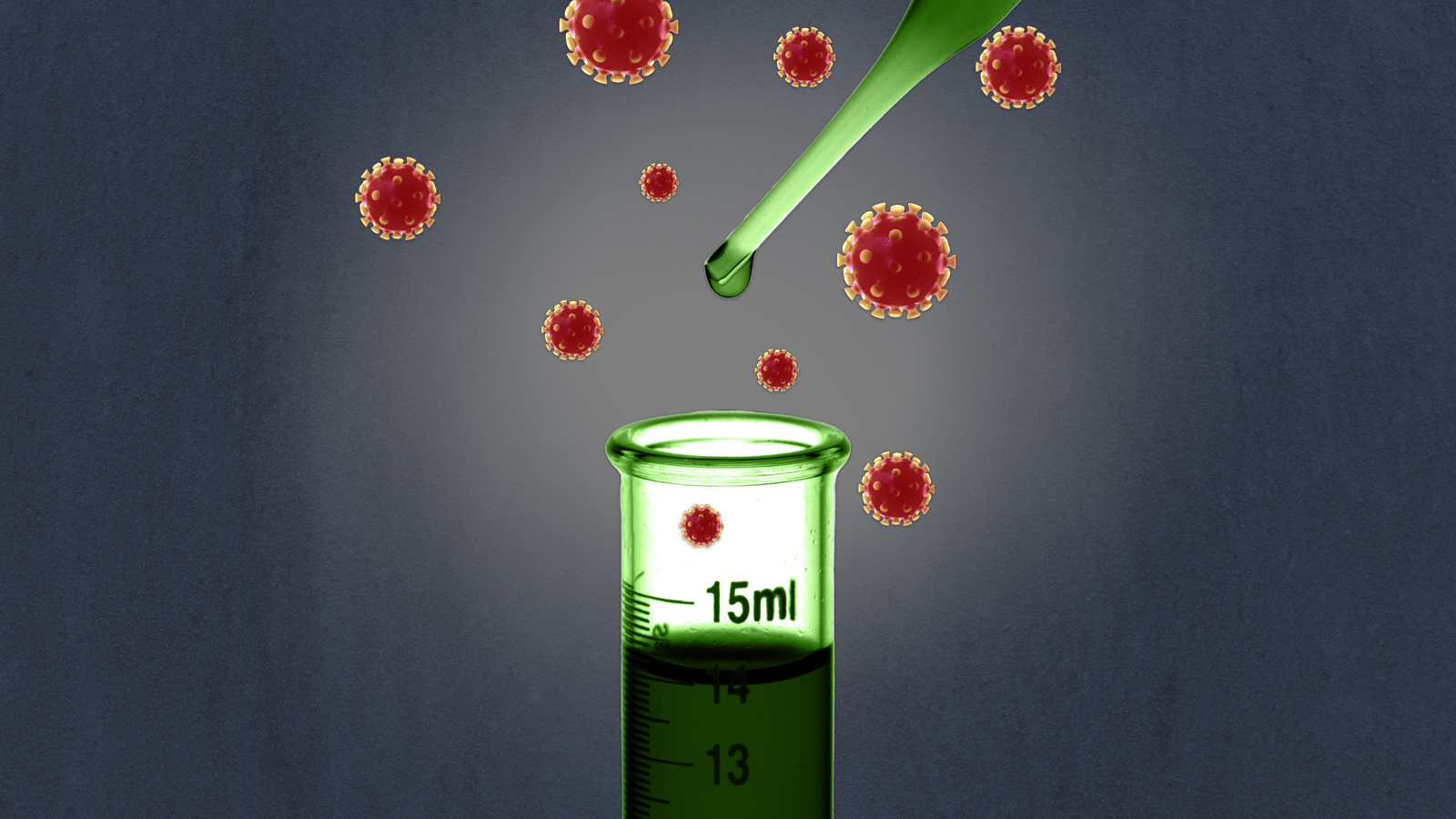 COVID 'lab leak' theory: Does the DOE's assessment hold water?
COVID 'lab leak' theory: Does the DOE's assessment hold water?Instant Opinion The sharpest opinions on the debate from around the web
-
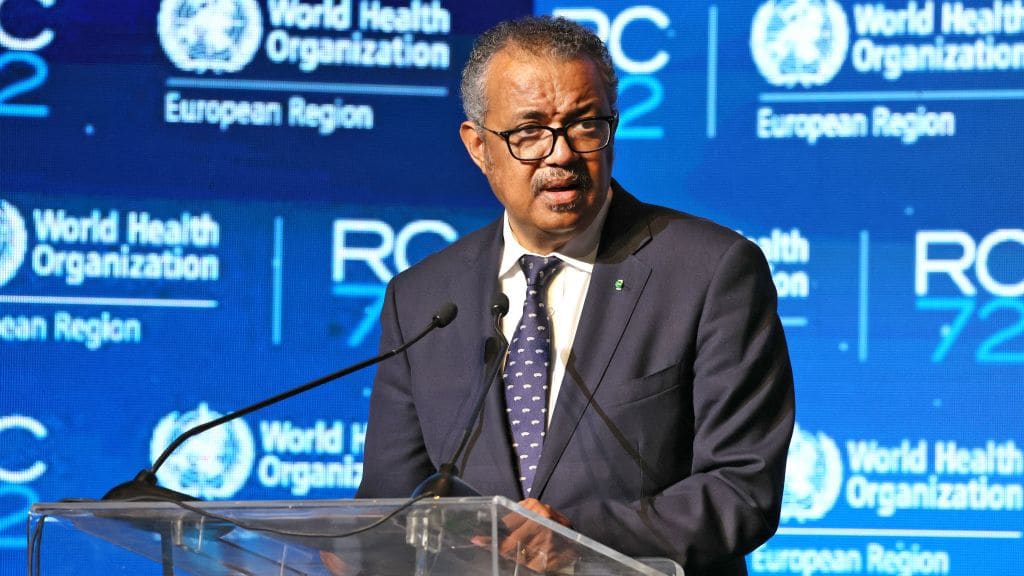 WHO chief says COVID's end is 'in sight'
WHO chief says COVID's end is 'in sight'Speed Read
-
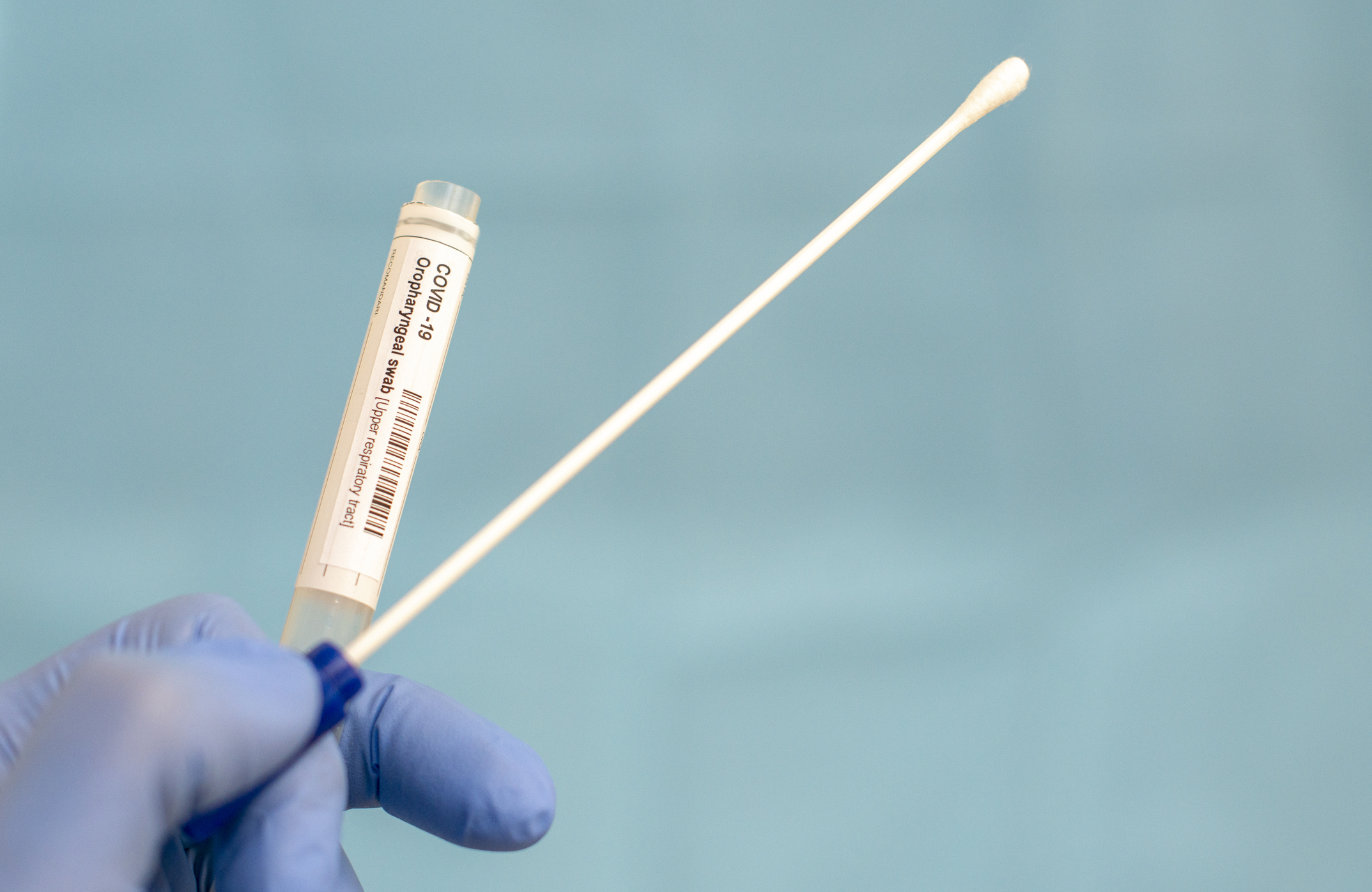 COVID elevates risk of neurological issues, study suggests
COVID elevates risk of neurological issues, study suggestsSpeed Read
-
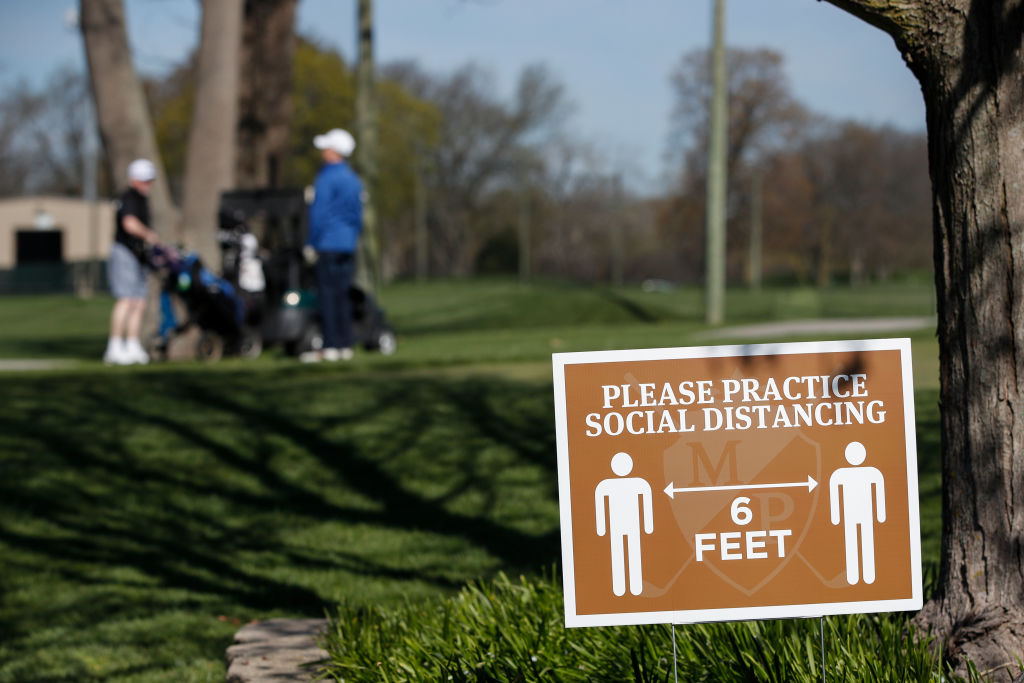 CDC relaxes COVID-19 guidelines on quarantines, social distancing
CDC relaxes COVID-19 guidelines on quarantines, social distancingSpeed Read
-
 FDA restricts Johnson & Johnson COVID vaccine due to blood clot risk
FDA restricts Johnson & Johnson COVID vaccine due to blood clot riskSpeed Read
